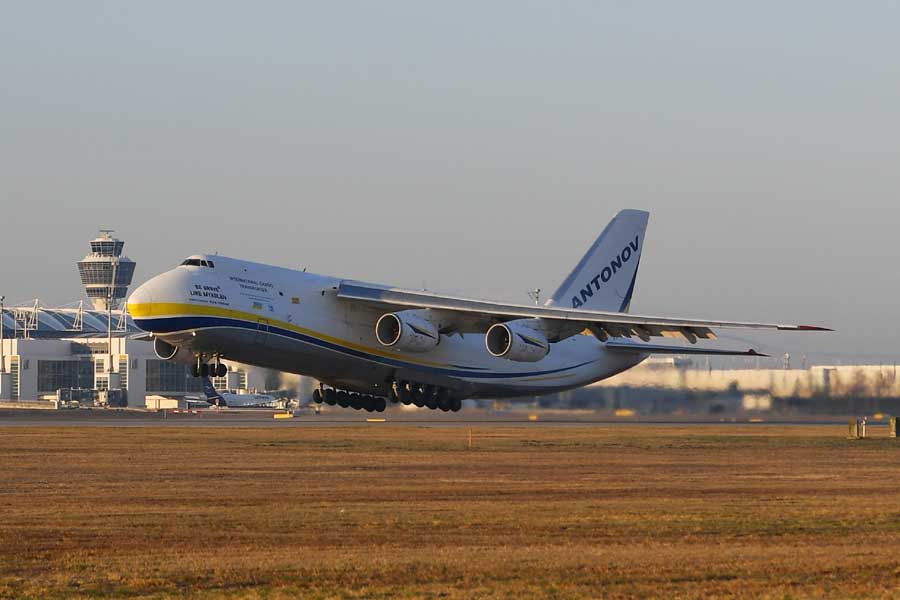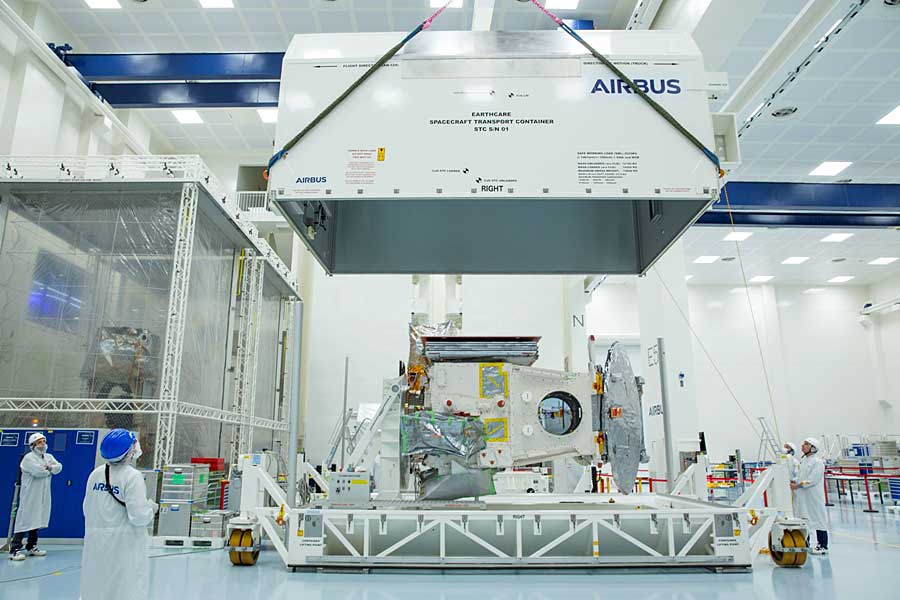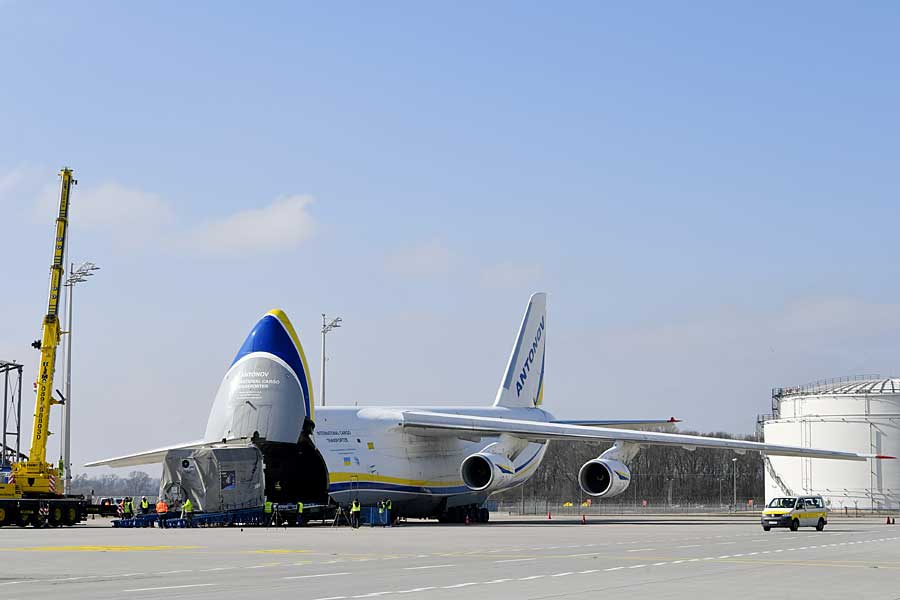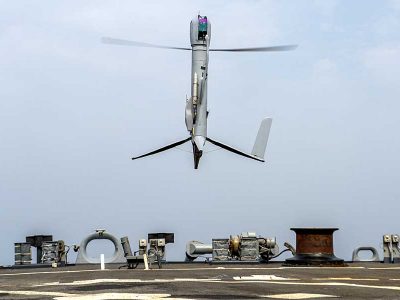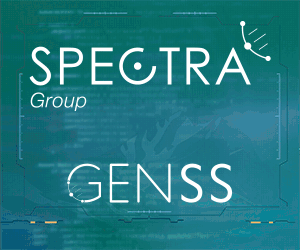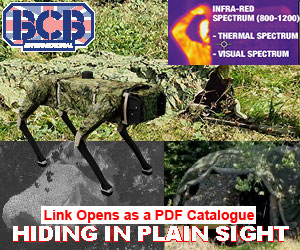The Airbus-built EarthCARE spacecraft has left Munich and is now on its way west aboard an aircraft to its launch site in Vandenberg, California.
~
Press Release, Munich, 09 March 2024: The Airbus-built EarthCARE (Earth Clouds, Aerosols and Radiation Explorer) spacecraft has left Munich, Germany, and is now on its way aboard an aircraft to its launch site in Vandenberg, California. EarthCARE is planned to be launched in May on a Falcon 9 rocket.
EarthCARE is the most complex Earth Explorer mission in the European Space Agency’s (ESA) FutureEO programme. This new satellite mission will quantify and reduce the uncertainty about the role that clouds and aerosols (tiny atmospheric particles) play in heating and cooling Earth’s atmosphere, contributing to our better understanding of climate change. The spacecraft was developed, built and tested with the involvement of experts from 15 European countries as well as Japan and Canada.
Marc Steckling, Head of Earth Observation, Science and Exploration at Airbus said: “As the world’s climate continues to change at a faster and faster rate, scientists need ever more sophisticated space assets to enable better analysis. EarthCARE will help fill in the gaps by providing unprecedented measurements so that meteorologists and climatologists can better understand how energy is transmitted within the atmosphere.”
A joint undertaking between ESA and the Japanese Space Agency (JAXA), EarthCARE will examine the role clouds and aerosols play in reflecting solar radiation back into space and also in trapping infrared radiation emitted from the Earth’s surface. EarthCARE will draw up vertical profiles of natural and human-made aerosols, register the distribution of water droplets and ice crystals and how they are transported in clouds, and provide essential input to improve the modelling of the warming climate and weather forecasting. Aerosols influence the life cycle of clouds, and so contribute indirectly to how they give off radiation – measuring them will give a better understanding of Earth’s energy budget.
EarthCARE is backed by more than 200 research institutes around the world. Scientists will be able to use the data to improve the accuracy of cloud development models, their behaviour, composition, and interaction with aerosols. The atmospheric lidar ATLID is one of four instruments on the EarthCARE satellite providing vertical profiles of aerosols and thin clouds. ATLID is the second European spaceborne ultraviolet lidar after the wind sensing spacecraft Aeolus, making Airbus a worldwide specialist in spaceborne lidars.
In addition to ATLID the satellite also includes a Broad-Band Radiometer developed by ESA through European industry, a Multi-Spectral Imager developed by Airbus subsidiary SSTL and a Cloud Profiling Radar developed by JAXA. This unique combination of instruments will allow scientists for the first time to directly assess the role of clouds and aerosols on Earth’s radiation budget with one integrated satellite system thereby reducing current uncertainties. EarthCARE will circle Earth in a Sun-synchronous 400 km polar orbit crossing the equator in the early afternoon to optimise daylight conditions.
Airbus Defence and Space in Friedrichshafen (Germany) is prime contractor to develop and build the 2 tonne satellite, with Airbus Defence and Space in Toulouse (France) supplying the Atmospheric Lidar ATLID.
~


